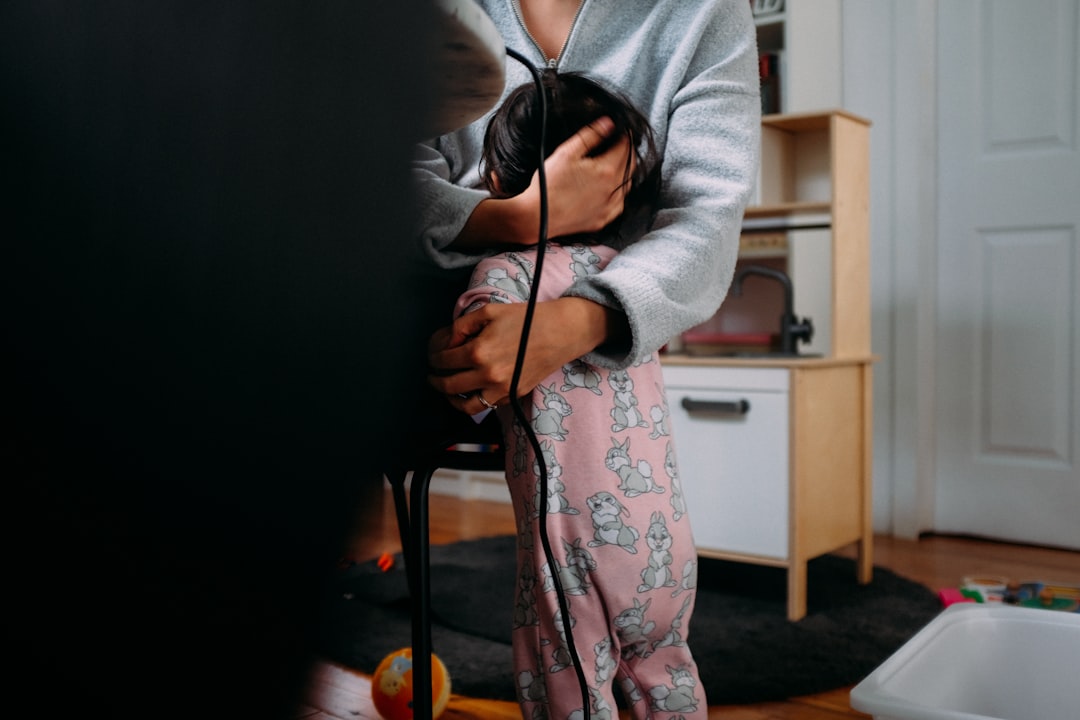The Way We Talk About Domestic Inequality is Broken
It's a public issue, not a personal one
Feminist educator Laura Danger & therapist Crystal Britt discussed TOUCHED OUT on their crucial, critical, and funny podcast Time to Lean this week— it’s a great episode covering “mama” Facebook groups and the lack of dad-based affinity groups online, which also explores the cultural tendency for parenting books to treat men like children and to assume …



